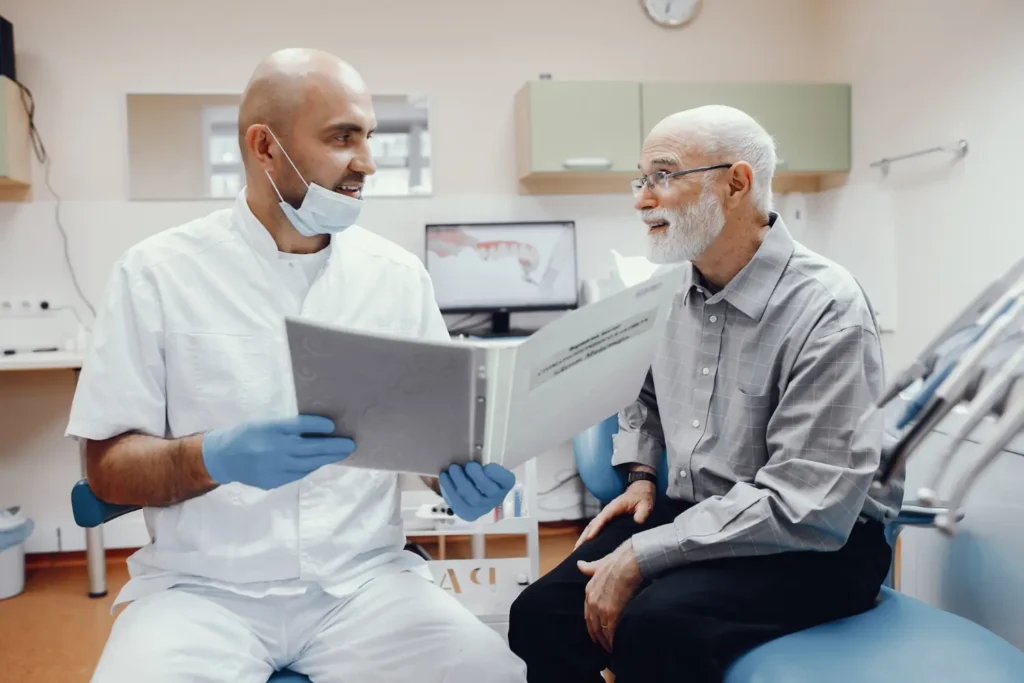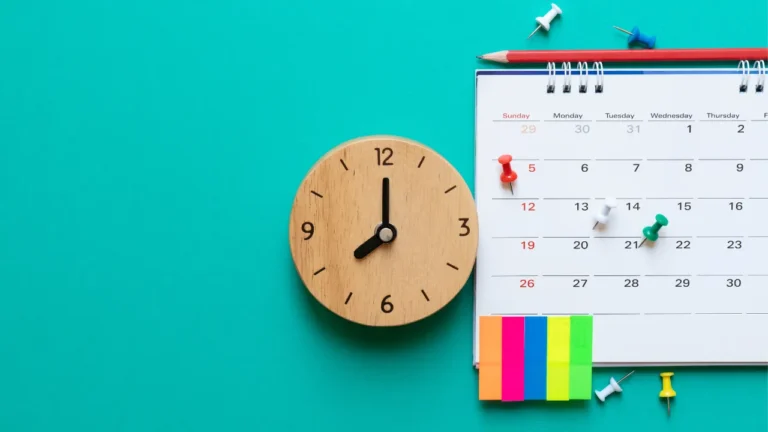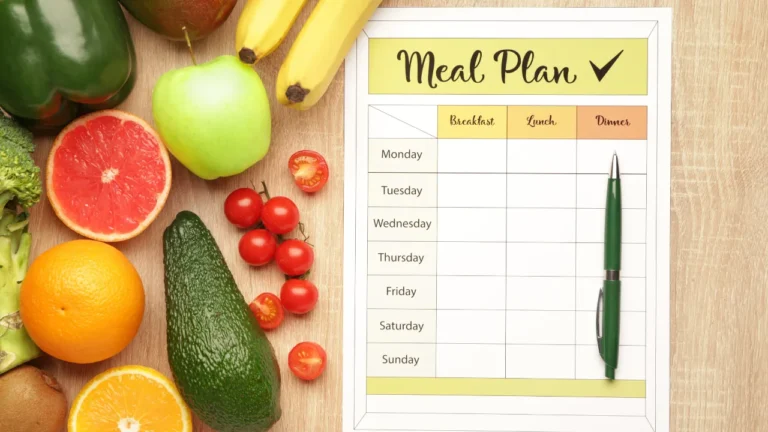Hey there, seniors and caregivers! Let’s talk about something that’s often overlooked but super important: dental care for the elderly.
As we age, taking care of our teeth becomes even more crucial, but it can also become more challenging.
That’s why we’ve put together this comprehensive guide to help you navigate dental care for yourself or your loved ones.
Understanding Oral Health in the Elderly
Oral health is just as important for older adults as it is for younger people. However, there are some unique challenges that elderly people face when it comes to keeping their mouths healthy.
Common Oral Health Problems in Elderly People:
- Tooth Decay: Even with good hygiene, seniors can still be susceptible to cavities, especially on exposed root surfaces. This can be due to factors like reduced saliva flow (dry mouth) and certain medications.
- Gum Disease: Also known as periodontal disease, this is a very common problem among older adults. It can lead to pain, swelling, and even tooth loss.
- Tooth Loss: Many seniors have lost some or all of their teeth due to decay, gum disease, or injuries. While dentures and implants can be helpful, they require special care to prevent further problems.
- Dry Mouth: This is a condition where the mouth doesn’t produce enough saliva. Saliva helps to wash away food particles and bacteria, so dry mouth can increase the risk of cavities and gum disease.
- Oral Cancer: The risk of oral cancer increases with age. Regular dental checkups are important for early detection.
Tips for Seniors to Maintain Oral Health
Here are some key tips for seniors to maintain good oral health:
Brushing and Flossing:
- Brush at least twice a day for two minutes each time, using a soft-bristled toothbrush and fluoride toothpaste.
- Floss daily to remove plaque and food particles from between teeth. There are different flossing tools available, so find one that works best for you.
Diet and Hydration:
- Eat a healthy diet that is low in sugar and processed foods. Sugary foods can contribute to tooth decay, while a balanced diet provides the nutrients your teeth and gums need to stay strong.
- Drink plenty of water throughout the day to stay hydrated. Water helps to wash away food particles and bacteria in your mouth.
Dental Care:
- Schedule regular dental checkups and cleanings, at least once a year, or more often if recommended by your dentist.
- Talk to your dentist about any concerns you have, such as dry mouth, loose teeth, or mouth pain. They can recommend treatments or products to help.
- Consider using an antiseptic mouthwash once or twice a day, in addition to brushing and flossing. This can help to reduce plaque and freshen breath.
Special Considerations for Elderly Dental Care
Now, we know that getting older often comes with its own set of challenges. Whether it’s dealing with chronic conditions or mobility issues, it’s essential to address these concerns when it comes to dental care.
Communication is key – make sure to talk to your dentist about any specific needs or concerns you may have so they can provide the best possible care for you.
Conclusion
Phew, that was a lot of information! But hopefully, you now feel more empowered to take charge of your dental health or support your loved ones in doing so.
Remember, oral health is an essential part of overall well-being, so don’t neglect it. Keep smiling, and here’s to healthy teeth and gums for life!





